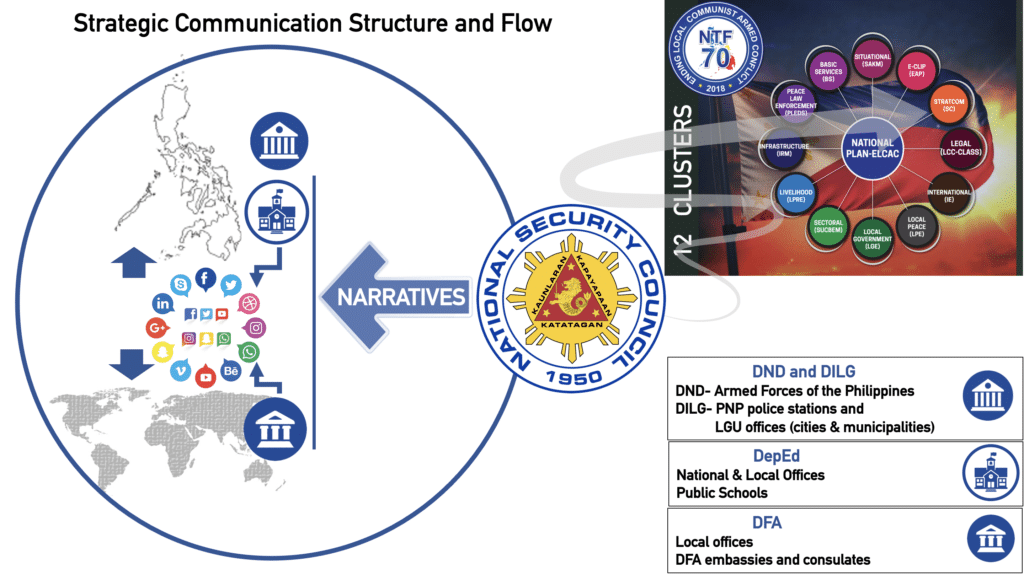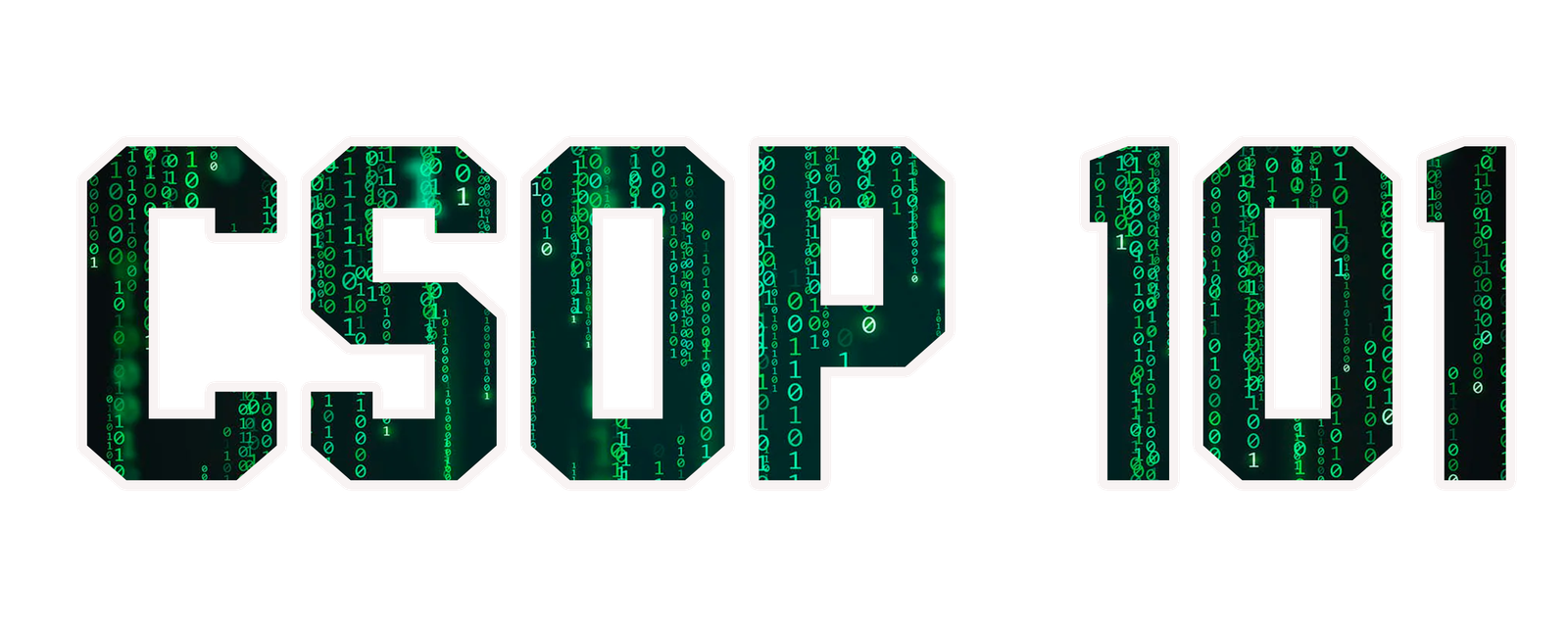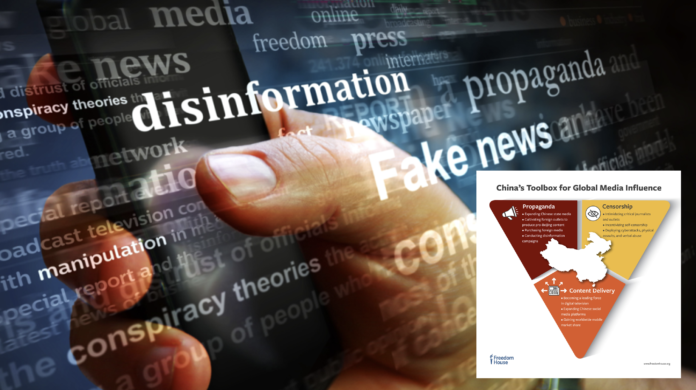KEY POINTS
- The country’s progress has been hampered by the insurgency problem waged by the CPP-NPA or communist terrorist groups (CTG). This group has manipulated and exploited the youth in its propaganda narratives for recruitment, the group’s blood, leading to the loss of thousands of innocent young lives.
- Red propaganda ideas and arguments simply project on image-building & agitations and communicate heavily on social media platforms. It is manipulative and builds on a system for multiple audiences.
- The EO 70 Strategic Communication Cluster (SCC) [1] needs to pivot into truth sharing campaign to debunk the “red tagging” issue and similarly counter CTG propaganda narratives.
- Foreign influences in cyber warfare have been deliberate for the past six years, attacking the country’s sovereignty- democratic elections, and territorial integrity by feeding propaganda narratives and disinformation to 92.05 million Filipino social media platform users.
POLICY RECOMMENDATIONS
- National Security Council (NSC) should reform the SCC functions, focusing on Truth Sharing to debunk the CTG “red tagging issue” and similarly countering CTG propaganda & disinformation; NSC to address foreign influence.
- DILG, DND, and DepEd offices/schools should boost truth-sharing campaigns on all social media platforms guided by the SCC to counter CTG propaganda.
- The DFA local and diplomatic offices’ should boost its truth-sharing campaign in social media guided by the NSC Secretariat to counter foreign influence.
THREAT OF INSURGENCY
The 53-year insurgency problem of the Philippines caused by the Communist Party of the Philippines and its armed wing, the New People’s Army (CPP-NPA), has stalled the country’s development and deprived its people of a comfortable and secure life. The goals and tactics of the CPP-NPA have not changed since its existence. It employs a sophisticated image projection: locally, to agitate and recruit fresh blood and overseas, to amass financial donations of like-minded organizations and wealthy individuals to fuel its existence. However, its nature has changed from an ideology-based group that devolved into a systematic criminal racket of communist armed units.
The CPP-NPA, for long years, has mastered the art of propaganda narratives to agitate, recruit and conceal their illegal rackets of extortion and killings. It has been one of the fuels of the CTG for 53 years. A book of compiled studies, “The Terrorist Argument: Modern Advocacy and Propaganda,” concluded that the “narrative/messaging” matters most to the CTG, just like any other terrorist group studied [2]. The group is not only a fighting force but also a propaganda and organizing force. Armed propaganda teams were seen as the key recruiters for their expansion drive throughout the country. These bands are skilled in oral communication and persuasion and are self-schooled on digital & web applications. Conveying ideas and arguments has evolved overtly in the democratic environment targeting students, overseas workers, and impartial observers using digital mixed files of text, audio, and video uploaded on the internet. Today, the CTG is now using even Spotify music podcasts. Manipulating information into narratives based on social issues caused by alleged inefficiencies and government corruption are the favorite issues and pushed factors of poverty conveyed by the CTG in the past 53 years.
The US, EU, and Australia tagged the CPP-NPA as a foreign terrorist group; it is recognized as a communist-terrorist group (CTG) by the Philippines’ armed forces and law enforcement agencies. However, a local court in Manila denied the government’s petition to declare CPP-NPA-NDF as a terrorist group in September 2022. Although it is still contested in higher courts, this local judge’s decision was a big success for the CTG in its systematic propaganda exploitation.
China’s Maoist movement is the model for the CTG’s armed struggle through the protracted people’s war and mobilization of masses in rural areas through propaganda. This model has stayed the same for five decades. It is enhanced using the “Revolutionary Dual Tactics,” employing front organizations or open sectoral organizations (youth & students, women, religious, overseas workers, urban poor, and teachers) to conceal urban operations done by the underground mass organizations (UGMOs). Establishing front or above-ground organizations is the initial phase for recruiting members like students, urban-based activists, and sectoral leaders. CTG cadres then employ programs to turn recruits into hardcore UGMO members. UGMO advocates and supports the armed struggle and violent terroristic activities of the CTG; UGMO members have the privilege to remain in UGMOs or join the mainstream, red-armed fighters.
THREAT OF FOREIGN INFLUENCES: Democratic Elections and Souvereign Rights
The Federal Bureau of Investigation (FBI) defined foreign influence operations as covert actions by foreign governments to influence political sentiment or public discourse by spreading disinformation to sow discord and undermine confidence in democratic institutions and values. Tactics include using false personas and fabricated stories on social media platforms to discredit individuals and institutions. Influence operations threaten democratic societies because they corrupt the integrity of political deliberation. Considering democratic election processes where the right to vote as citizens to choose its political leaders are already infringed by misleading narratives and disinformation in the social media arena, Filipinos are the most engaging on Facebook. Electoral integrity and processes are an integral part of the democratic system. Any infringement thereof, such as foreign power influences in the process, damages public confidence in the credibility and integrity of election outcomes.
“Operation Naval Gazing” is a form of foreign influence experienced by the Philippines during the administration of President Duterte. It started on Facebook on March 2018; Graphika, a social media analyst firm, confirmed that information from Operation Naval Gazing originated from China, and the overt and covert content reflected Chinese messaging. The Diplomat, in its publication, identified that the network of operations deleted by Facebook comprised 155 accounts, 11 pages, nine groups, and six Instagram accounts. The network targeted the Philippines and attracted an audience of at least 130,000. This Chinese network of operations generated millions of digital interfaces promoting politicians favorable to China, including former President Duterte. State meddling in another state’s politics for favored politicians is a sovereignty issue, a national security issue. These affect the national decisions of policymakers, not the country’s interest.
Operation Naval Gazing is a precise foreign influence operation that raised difficult questions for the country, considering this network of operations has also touched on activities including a more dedicated focus on naval affairs and regional politics in the South China Sea. These claims fed on social media eroded the country’s souvereign rights and much more of its triumphed maritime claim rendered by the Hague International Tribunal in 2016.
DYNAMICS AND SUGGESTED ACTION
An independent analysis made by Carnegie Endowment affirms that the most effective strategy in countering influence operations is discouraging misleading digital propaganda narratives and other techniques. The practical means to counter the CTG narratives in its propaganda of recruitment and the recent red tagging issue is to use the existing EO 70 formula. Still, pivot into truth-sharing or facts-based narratives and omit any form of “labeling type” of persons.
EO 70 is a whole-of-government approach [3]. The method employs factual descriptions of links or associations and activities between organizations―both front and underground, to be continuously exposed by publishing on all social media platforms of local government offices. The government offices/units being held here are 1,634 police stations, 1,634 municipal and city LGUs, and 47,612 public schools that will be mobilized and mechanized in truth sharing campaign. All units under the DILG, DND, and DepEd will boost their social media presence and flood Facebook, Twitter, and Instagram with factual narratives of the government to counter CTG propaganda agitations and disinformation. This will raise people’s awareness about CTG-manipulated propaganda narratives against the government and propaganda agitation of recruitment. The twist will be that all factual narratives for dissemination into localities via digital and web applications must originate from the SCC to ensure credibility and coherence.
In like manner, foreign influence operations were never discussed in any forum in the country. Thus, if others look the other way, it is incumbent on the NSC to protect national interests and values by empowering other line government agencies in a truth-sharing campaign. It is true that the superpower’s information warfare is unmatched by the Philippines but upholding truth and disseminating factual events is a matter of values and standing tall for the nation’s sovereignty.
Ignite nationalism and patriotism among Filipinos by increasing awareness about sovereign rights and territorial integrity. Mirror China’s method of controlling the narratives/information fed to its citizens aligned only with what is good for the country and the communist party and banned access to major international social media platforms such as Facebook and Twitter within the country. Similarly, the Philippines can align its effort to raise the losing nationalism and patriotism of every Filipino by directly engaging with narrative feeds on social media accounts using controlled information or narratives based on truth and facts, not on curtailment of information and citizens’ access to information.
The end of guarding sovereignty is countering disinformation and propaganda in the same environment in which these narratives and information had flourished, a strategy of discouraging digital misleading information through top to bottom truth-sharing campaigns. The whole-of-government approach is the same formula to counter other states’ disinformation and propaganda narratives damaging the country. Truthful narratives and factual events are needed to be shared in the social media realms. Local offices and units under the DILG (PNP stations and LGUs) and public schools throughout the archipelago need to boost social media engagements cued by the NSC to raise awareness locally and negate manipulated information. Interestingly, the country can mirror China’s “Wolf Warrior Diplomacy,” where its diplomats engage heavily on social media platforms to advance Beijing’s interests. Finally, DFA diplomats need to focus on engagements of truth sharing based on facts, not aggressive groundless claims. While the government is countering disinformation and propaganda, it is likely kindling the nationalism and patriotism of the young generation.
RECOMMENDATION: NSC and Executive Order No. 70
The NSC, through the National Secretariat, recommends reforming Strategic Communication Cluster functions under EO 70. A policy recommendation to focus on the Truth Sharing Campaign to negate the “red-tagging narrative issue” being agitated by the CTG and a policy measure to address Foreign Influence- Information Operations by countering decisively.

The basic formula is to utilize the whole-of-government approach in enhancing the strategic communication efforts by mechanizing and mobilizing all national and local offices to sell truth and facts related to government efforts in peace & security and nation-building commanded by the NSC in the digital world.
All local offices and units under the DILG and DND and DepEd offices and public schools take its CTG counterpropaganda and disinformation cue from the SCC; similarly, the DFA offices align its narrative with the NSC secretariat.
This policy recommendation is feasible because of its simplicity and does not entail additional funds from the government or a new law to function.
by: Byron Filog Allatog
—————————————————-
References:
[1] NTF-ELCAC, “NTF-ELCAC 12 Clusters,” National Task Force to End Local Communist Armed Conflict. https://www.ntfelcac.org/about (accessed Nov. 22, 2022).
[2] C. C. Harmon and R. G. Bowdish, The Terrorist Argument : Modern Advocacy and Propaganda. La Vergne, UNITED STATES: Brookings Institution Press, 2018. [Online]. Available: http://ebookcentral.proquest.com/lib/anu/detail.action?docID=5179975
[3] R. Duterte, “Executive Order No. 70,” Official Gazette, Dec. 04, 2018. https://www.officialgazette.gov.ph/downloads/2018/12dec/20181204-EO-70-RRD.pdf (accessed Nov. 23, 2022).
—————————————————
Disclaimer
The views expressed in this policy brief are those of the author. They do not necessarily reflect the position of the Philippine National Police, the Armed Forces of the Philippines, or the Philippine Government.
CSOP101 is a professional learning site for community policing advocates, practitioners, and supporters in changing the policing landscape. It is likewise an issue-based, related to or addressing nation-building. The views expressed within individual blog posts (police blog and academic) are those of the author and do not reflect any official position or that of the author’s employers. Any concerns regarding this blog post or resources should be directed in the first instance to byron.allatog012@gmail.com.

